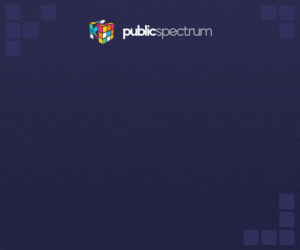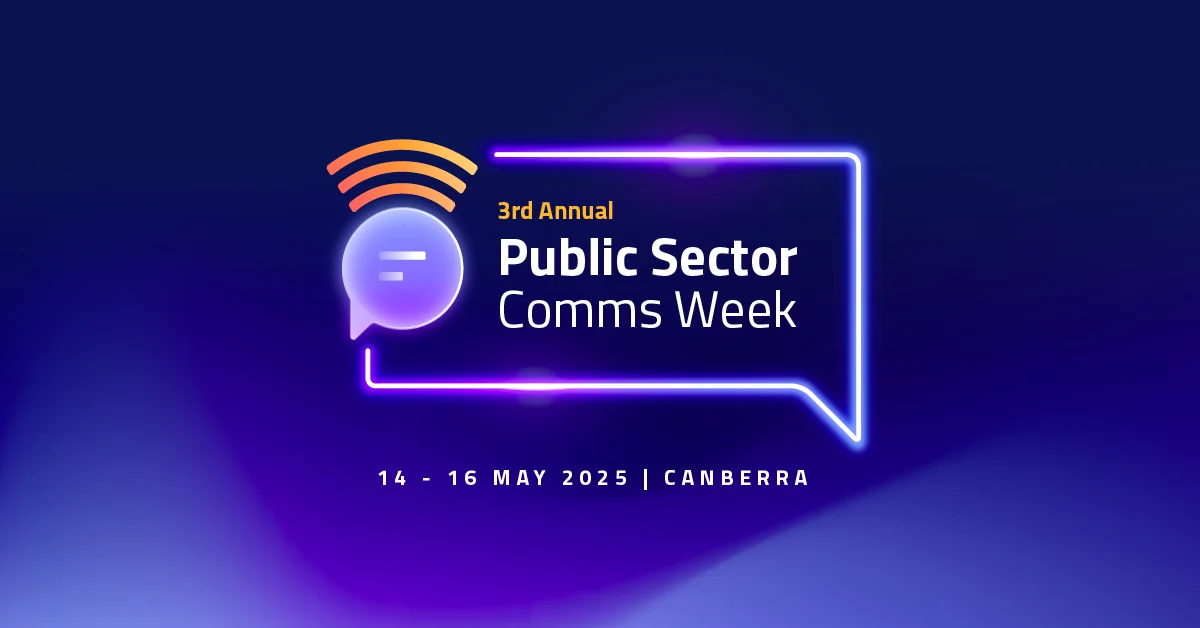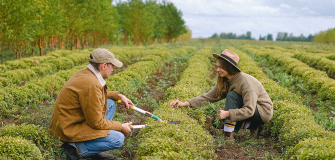SMEs receive emergency cash grant from SA Government
Share

Thousands of small-and-medium businesses that have been affected by South Australia’s seven-day lockdown are being offered a $3,000 emergency cash grant by the state government.
The $100 million Business Support Package is expected to assist around 50,000 eligible SMEs such as gyms, hairdressers, nail salons, restaurants, cafes, hotels and other establishments that have suffered a significant loss of income or have been forced to close due to the lockdown restrictions.
This financial assistance package will help businesses cover their ongoing operating costs such as rent, power bills, supplier and raw material costs and other fees. It will also help them re-open once the lockdown restrictions have eased.
Businesses who wish to be eligible for the emergency cash grant must have the following requirements:
- Be located within South Australia
- Have an annual turnover of $75,000 or more in 2020-21 or 2019-20, and be registered for GST
- Employ people in South Australia
- Have an Australia-wide payroll of less than $10 million in 2019-20
- Have a valid Australian Business Number (ABN)
- Experienced at least a 30 per cent reduction (compared to the week prior) in turnover due to the restricted trading conditions
The package also includes a new $1,000 cash grant for businesses that don’t employ staff. To be eligible, a non-employing business must meet the criteria listed above excluding the requirement to employ people.
“This is an immediate lifeline for small and medium businesses that are the lifeblood of our community and underpin our economy,” said Treasurer Rob Lucas.
“We know this is an incredibly difficult time for many employers and their staff, which is why we are doing everything in our power to help as many businesses as possible get through to the other side of this short lockdown.”
The announced emergency grants are expected to be applied to businesses with a payroll of less than $10 million, an annual turnover of $75,000 or more and whose turnover is reduced by at least 30 per cent over the 7 days from 20 July 2021 as a result of the lockdown.
Treasurer Lucas said the SA Government is considering further financial support for the businesses if the lockdown is extended.
“While we have no information to suggest that will be the case, we will consider what further assistance might be provided to businesses if the lockdown is extended beyond the current seven days,” Treasurer Lucas said.
Alongside this, the SA Government will also provide fully-funded income support payments of up to $600 per week for eligible workers in regional SA who live or work outside of the Commonwealth-declared ‘Hotspot’ local government areas.
“Our commitment will ensure South Australian workers whose hours are affected by the current lockdown will be supported, regardless of whether they work in Mitcham or Mount Gambier, Norwood or Nuriootpa, West Beach or Whyalla,” Treasurer Lucas said.
The Commonwealth’s COVID-19 Disaster Payment scheme provides weekly support payments for those living within the Commonwealth-declared ‘Hotspot’ and who have significantly lost work hours.
The SA Government has been advised that the vast majority of micro businesses not registered for GST will be eligible for the COVID-19 Disaster Payment. They are also confirming this with the national government.
“We welcome the ongoing support of the Federal Government as we work together to get on top of the current COVID cluster and drive the state’s strong ongoing economic and jobs recovery and return to the lifestyle that’s earned us a growing global reputation as one of the most liveable cities in the world,” Treasurer Lucas said.
The SA Government will continue to monitor the situation to consider the potential for further additional targeted support for individual industry sectors.
Applications for the grant are expected to open within the next two weeks via the Treasury website.
The payments will be paid in arrears for the lockdown. Those affected can apply through myGOV from Wednesday, 28 July.
Eliza is a content producer and editor at Public Spectrum. She is an experienced writer on topics related to the government and to the public, as well as stories that uplift and improve the community.














